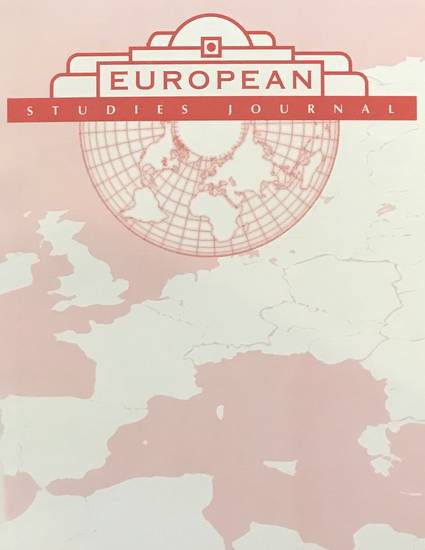
Article
The Paradoxical 'English' Novel: National Identity in Contemporary English Fiction
The European Studies Journal
(1997)
Abstract
The decline of the "English" novel is a subject with which the British have been obsessed since the nineteenth century. The last few years have been no exception as such acknowledged authors as Kingsley Amis proclaimed that there was a complete dearth of good young writers today. Many of those concerned with the dwindling ranks of "English" authors eventually reveal that their definition of "English" is one which remains exclusively Anglo. In this climate, some wonder what it means to be an "English" writer when non-native writers take up residency in England, write in English, sometimes become naturalized, are sometimes heralded as the next new crop of "British" writers, yet are not included as British in basic social structures and appear infrequently on sanctioned reading lists for the National Curriculum. The last few decades have produced another take on the discussion as a large portion of the prestigious Booker Prize list is routinely composed of postcolonial authors who often force the British to look into the glass darkly and see the results of imperialism both at home and abroad. For many contemporary writers, the question of national identity in light of the collapse of the British Empire is a main subject of concern.
Download @
https://www.academia.edu/34610384/The_Pardoxical_English_Novel_l_National_Identity_in_Contemporary_English_Fiction
Keywords
- nationalism,
- British,
- English,
- literature,
- Booker Prize
Disciplines
Publication Date
Spring 1997
Citation Information
Tracy J. Prince. "The Paradoxical 'English' Novel: National Identity in Contemporary English Fiction" The European Studies Journal Vol. 14 Iss. 1 (1997) p. 1 - 17 ISSN: 0894-6337 Available at: http://works.bepress.com/tracy-prince/9/
